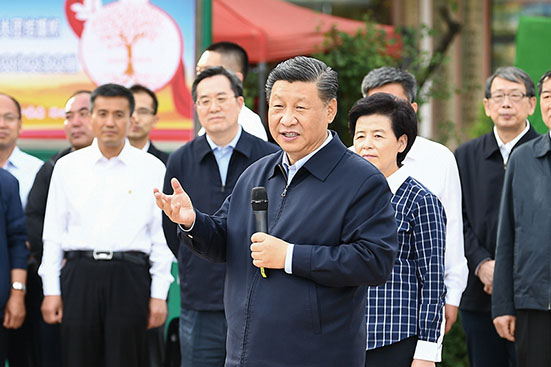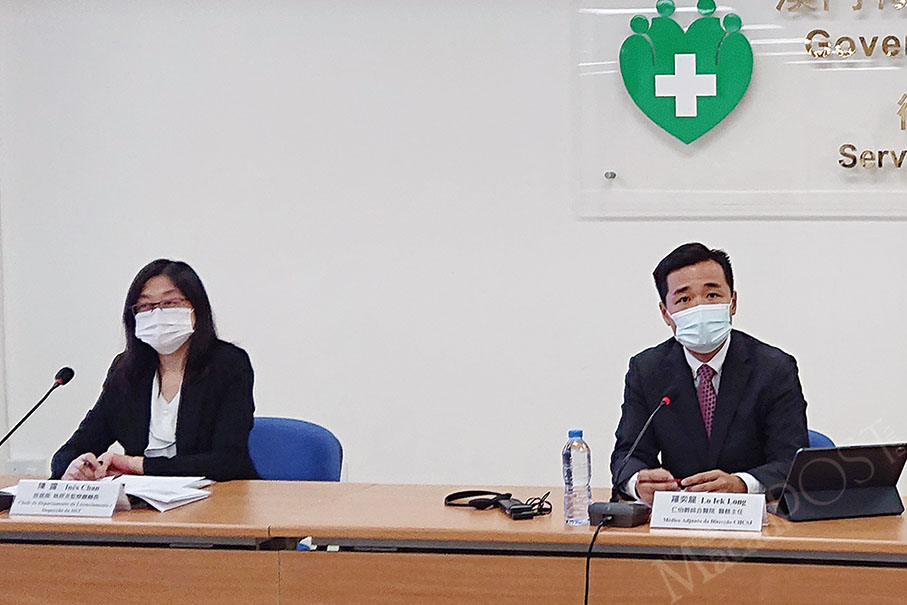Analysis
SHIJIAZHUANG – In traditional Chinese culture, there is a saying – “all things have a beginning, but few can reach the end.”
It comes from “The Book of Songs,” China’s first anthology of poems dating back more than 2,000 years. The expression was initially a criticism of King Zhouli from the Western Zhou Dynasty (1046 BC - 771 BC), a notorious tyrant in Chinese history. He was criticized for constantly changing his decrees, bringing misery to the people.
Making a good start is not difficult, but it is the perseverance to the very end that is hard. The saying later became a motto, which was often carved on plates or bottles by ancient Chinese people, to remind them to finish what they start.
From a wasteland to a sea of forests, the miraculous transformation of Saihanba, the world’s largest artificial plantation in Hebei province, has manifested such traditional Chinese philosophy advocating perseverance.
Since the establishment of the forest farm in 1962, generations of workers have weathered tough conditions there, creating and safeguarding the spectacular different shades of green on the former wasteland.
In the first two years after the farm’s establishment, more than 2,000 mu (133.33 hectares) of trees were planted, but only less than 8 percent survived each year due to the severe climate, according to Chen Zhiqing, head of the Saihanba mechanized forest farm.
To ensure the survival of the trees, the foresters started to explore scientific and technological breakthroughs and have developed their own technologies on cultivating seedlings and taking care of them, he said.
Thanks to consistent efforts of generations of Saihanba foresters over the past decades, the forest farm has been expanded to 1.15 million mu, becoming an important ecological shield for Beijing and adjacent regions.
In 2017, the Saihanba afforestation community won the United Nations Champions of the Earth Award for its outstanding contribution to transforming degraded land into a lush green paradise. – Xinhua
0 COMMENTS
Advertisement
LATEST NEWS
Northern district festival market features live performances, games & 40 booths
MGTO raises travel alert to highest level for Iran, Israel
Police arrest couple for illegal currency deal
Editorial: Xi, Merz hit the reset button for amicably pragmatic Sino-German ties
LIKE US ON FACEBOOK
MORE NEWS

Xi inspects Ningxia Hui Autonomous Region







